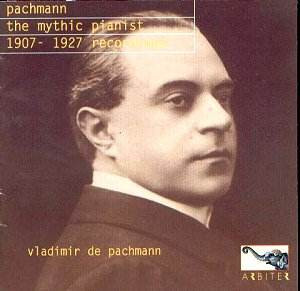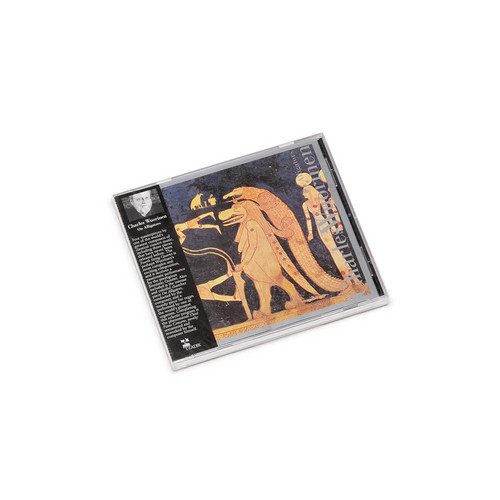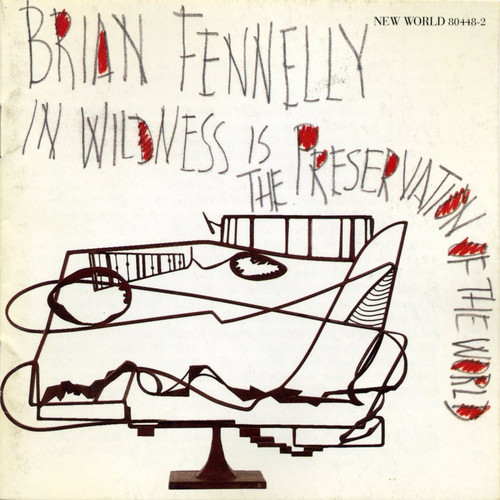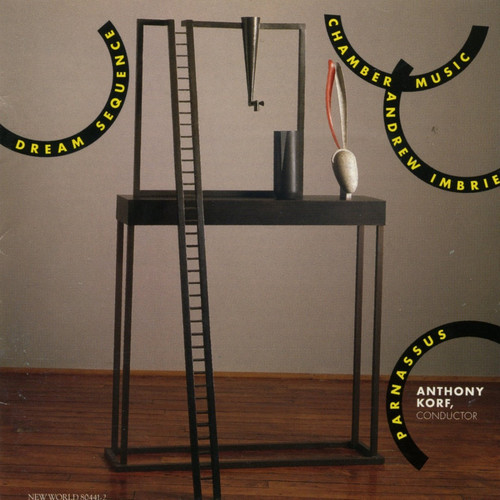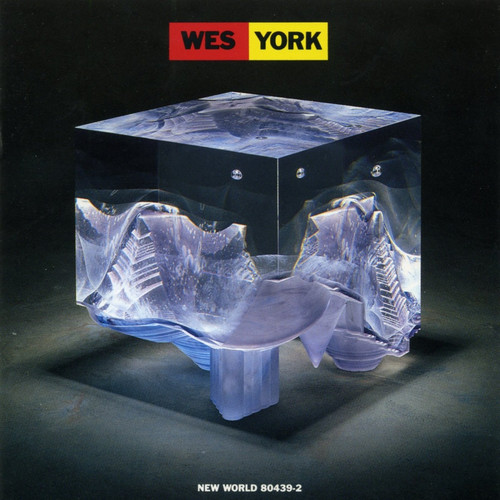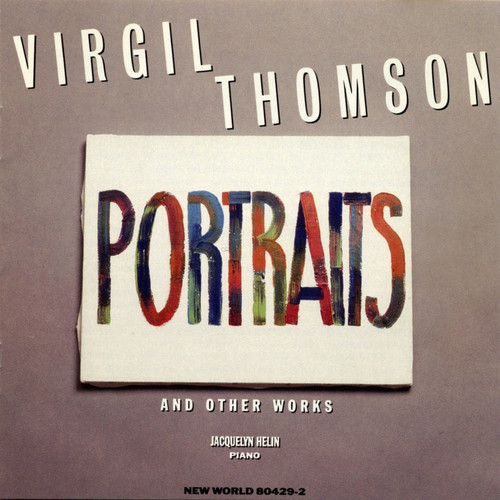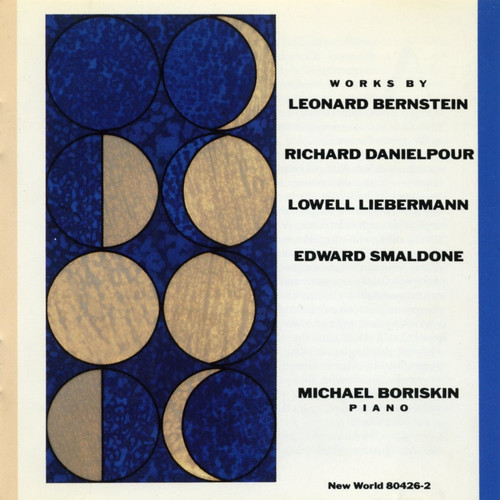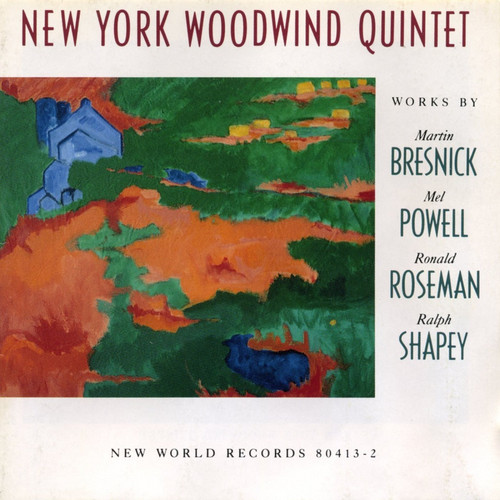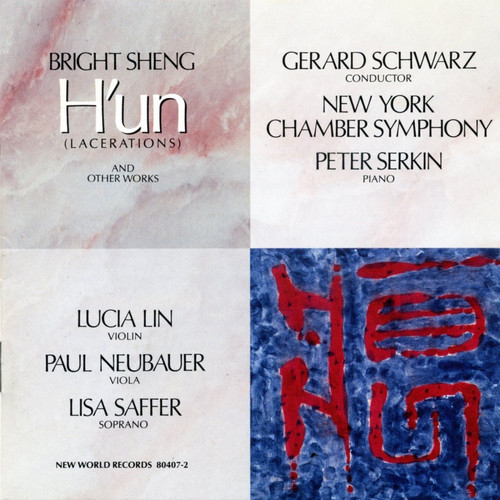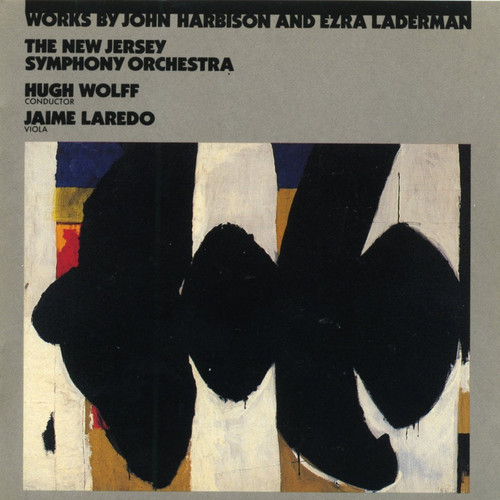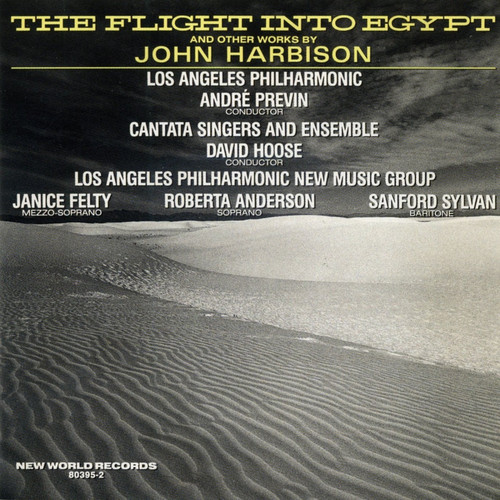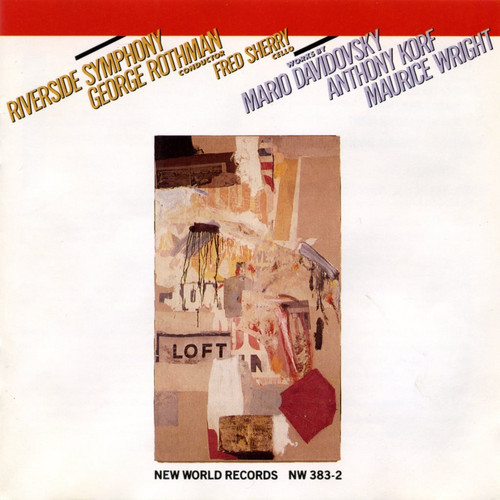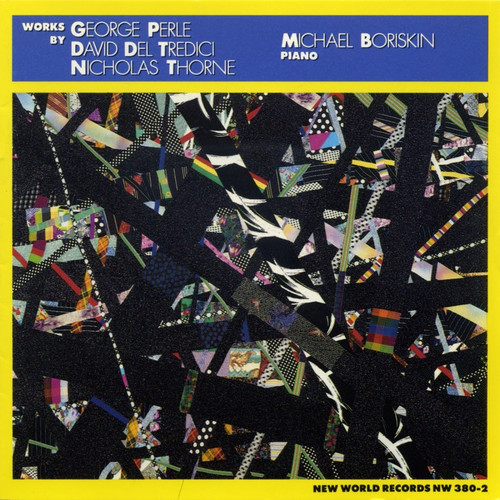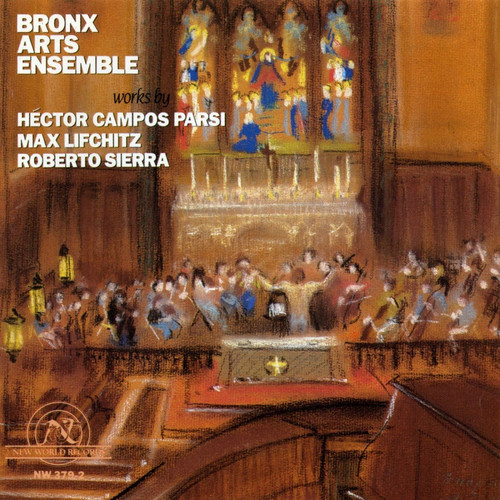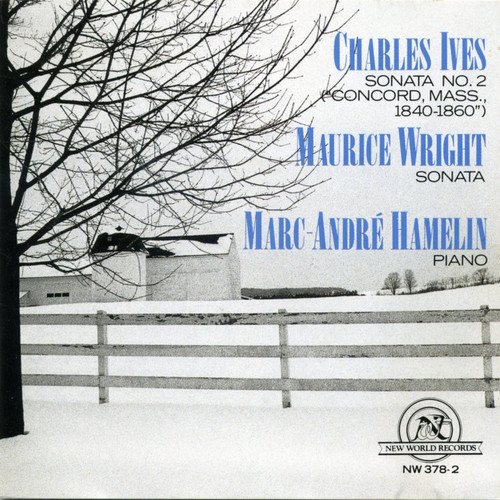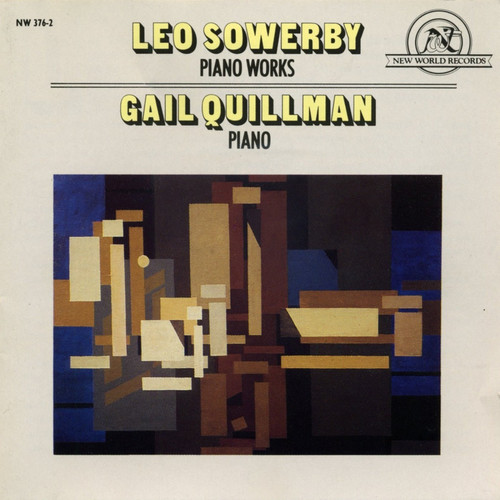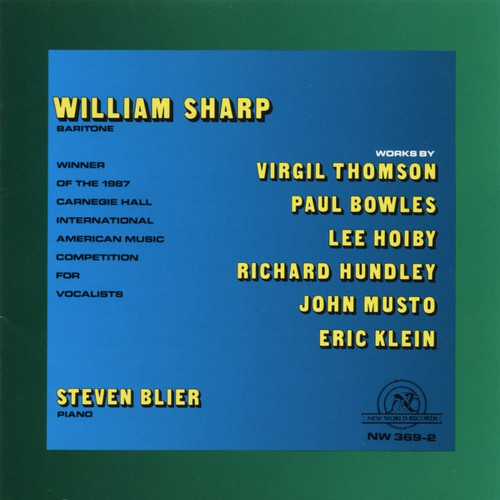Pachmann: The Mythic Pianist 1907-1927 Recordings
2001 release ** "From the G&Ts of 1907 to the Victors of 1927 the troublesome genius of Vladimir de Pachmann lives once again in Arbiter’s well-chosen compilation. His vertiginous rise to fame and his equally precipitate decline are the stuff of lege…
On Alligators
2025 stock Four masterpieces by one of the world’s greatest composers of classical concert music, including three pieces that have never been released before. The fourth quartet is perhaps Wuorinen’s most complex and exciting composition, and it rec…
In Wildness Is The Preservation Of The World
The music on this recording is drawn from a range of solo, chamber, and orchestral works composed by Brian Fennelly (b 1937) over a period of two decades. In his thirty-year career, Fennelly has contributed more than sixty works to the repertoire of …
Dream Sequence (Chamber Music)
Andrew Imbrie (b 1921) is a composer whose independence and singularity of purpose have endowed a prodigious output that awaits wider discovery. His method of composing is not in and of itself remarkable. He is, rather, of a tradition wherein achieve…
Wes York
In a robustly maximalist age that gladly permits the fusion of unrelated styles and the flaunting of eclecticism, Wes York's (b 1949) music stands out as reductive, elliptical, elusive, implying diversity rather than spelling it out. It is a music t…
Portraits and other Works
Virgil Thomson's piano music can best be described as pure direct American plainsong. Hymn tunes get transposed, rhythms overturn or collide, often with comic results; cowboy songs turn into fugues. Thomson made use of all materials, from Sunday Scho…
Doppio Concertino / Flamenco Cyclothymia / Concerto For String Orchestra / Piano Quartet
Carlos Surinach (b 1915) is an American composer whose Spanish heritage, together with the rigors of German musical training, has enabled him to produce an oeuvre that "achieves an effect of novelty by exploiting all the familiar clichés of the `Span…
Piano Works
Apart from musical considerations, it is entirely appropriate that the work of Leonard Bernstein (1918-1990) stands beside the compositions of three younger Americans on this program of recorded premieres. By example and deed, Bernstein served like n…
Chamber Works
The woodwind quintet is to the wind instruments as the string quartet is to the strings. Composers have treated the heterogenous ensemble of flute, oboe, clarinet, bassoon, and horn as a unity for so long now that it has become a musical commonplace.…
H'un (Lacerations) And Other Works
The music of the Chinese-American composer Bright Sheng (b 1955) sometimes floats like delicate fragrances on a breeze and sometimes screams and writhes in actual or remembered agony. This is music, to paraphrase William Blake, of innocence and of ex…
Works By John Harbison And Ezra Laderman
Eclectic but distinctively original, John Harbison's Concerto for Viola and Orchestra reflects an artist of deep sensibility and training. Harbison (b 1938) is a recipient of the 1987 Pulitzer Prize and has received commissions from numerous ensemble…
Works By Irving Fine, Gian Carlo Menotii, Carl Ruggles, Harold Shapero
At the outset of his career, Harold Shapero (b in 1920) was widely recognized as one of his generation's most promising composers. While in his twenties, he undertook to study closely the musical phraseology and rhetoric Haydn, Mozart, and Beethoven,…
The Flight Into Egypt ·The Natural World · Double Brass Concerto
A few years ago a German presenter asked me for my "artistic Credo," which seemed a characteristically European request, but in the spirit of international cooperation I furnished the following: "to make each piece different from the others, to find …
Divertimento, Sym No. 2, Night Scenes
Mario Davidovsky was a founding member of the Columbia-Princeton Electronic Music Center. His compositions apply classical compositional form to electronically generated sounds. His Divertimento is rich and subtle, and might even be described as impr…
Piano Works
The vastly divergent reactions to twelve-tone composition of George Perle, David Del Tredici and Nicholas Thorne are a vivid reflection not only of their different generations, but of the unfolding of musical style change in America. Perle, born in 1…
Works By Héctor Campos Parsi / Max Lifchitz / Roberto Sierra
Roberto Sierra (b 1953) is thoroughly versed in international composing techniques, yet dedicated to preserving the cultural identity of his Latin American origins. According to Sierra, he has “incorporated elements of folklore and of popular music (…
Sonata No. 2 ( "Concord, Mass., 1840-1860") - Sonata
“This is not a nice sonata for a nice piano player,” wrote Charles Ives about his most famous work, “but something the writer had long been thinking about.”
All four movements were programmatically conceived around figures in the Transcendentalist mo…
Piano Works
Leo Sowerby (1895-1968) was one of the great composers who wrote music at the keyboard. Although he is better known for his organ and choral works, his piano music is some of the richest and most original of his output. During the 1920s and early '30…
Symphony No. 1 / Overture To "As You Like It"
John Knowles Paine's Symphony No. 1 is a milestone in the development of American music. It was not the first symphony written by an American (George Frederick Bristow, for many years a violinist in the New York Philharmonic, had already written seve…
William Sharp, Steven Blier, Virgil Thomson, Paul Bowles, Lee Hoiby, Richard Hundley, John Musto, Eric Klein (5)
Works by Thomson, Bowles, Hoiby, Hundley, Musto and KleinAmerican art song has traveled a long way from the parlors of 19th-century America. The turn of this century brought its adolescent rebellion in the iconoclastic hands of Charles Ives, followed by an impressive, if somewhat retrospective, era heralde…
